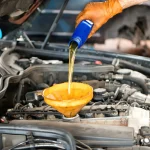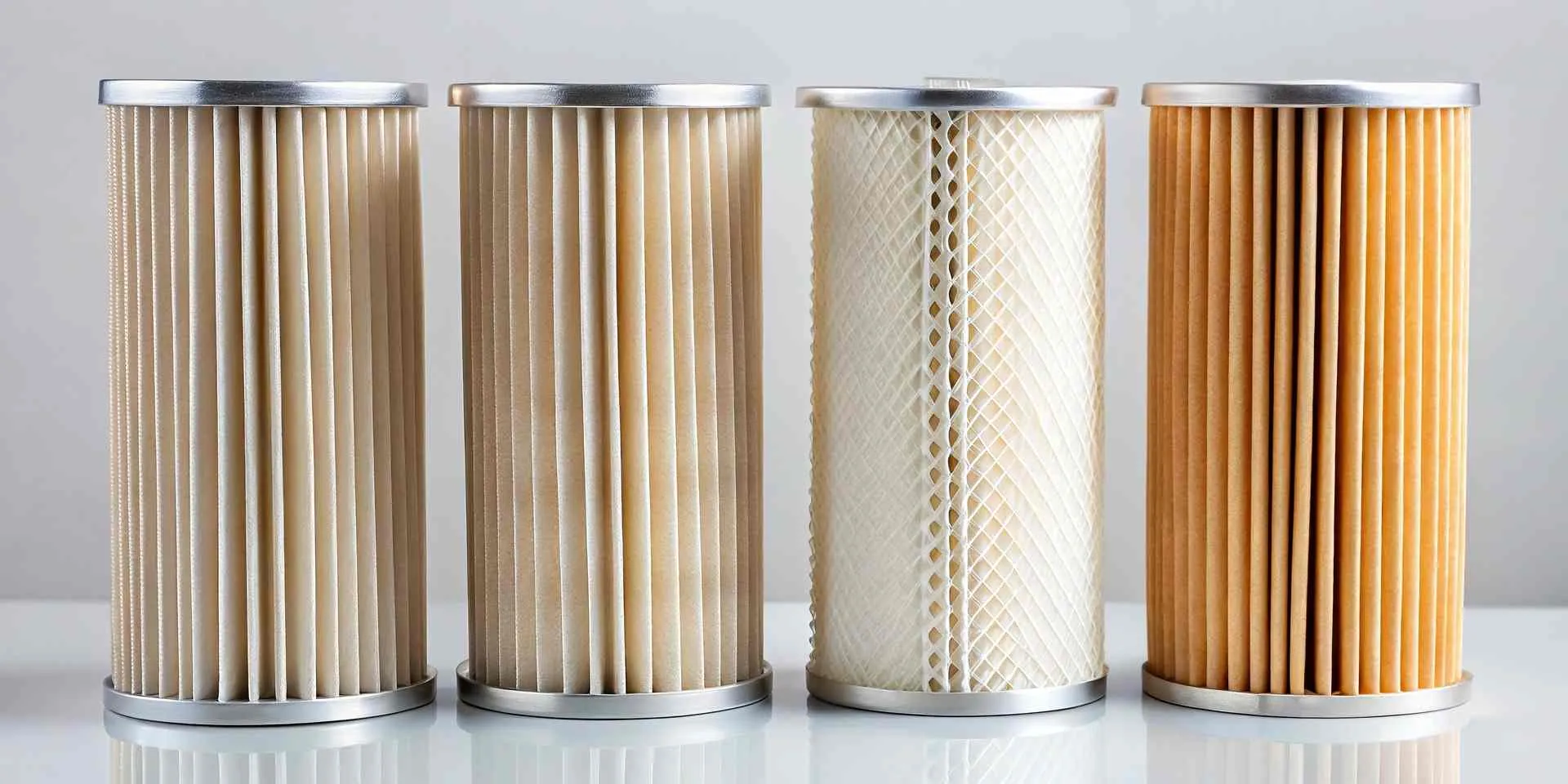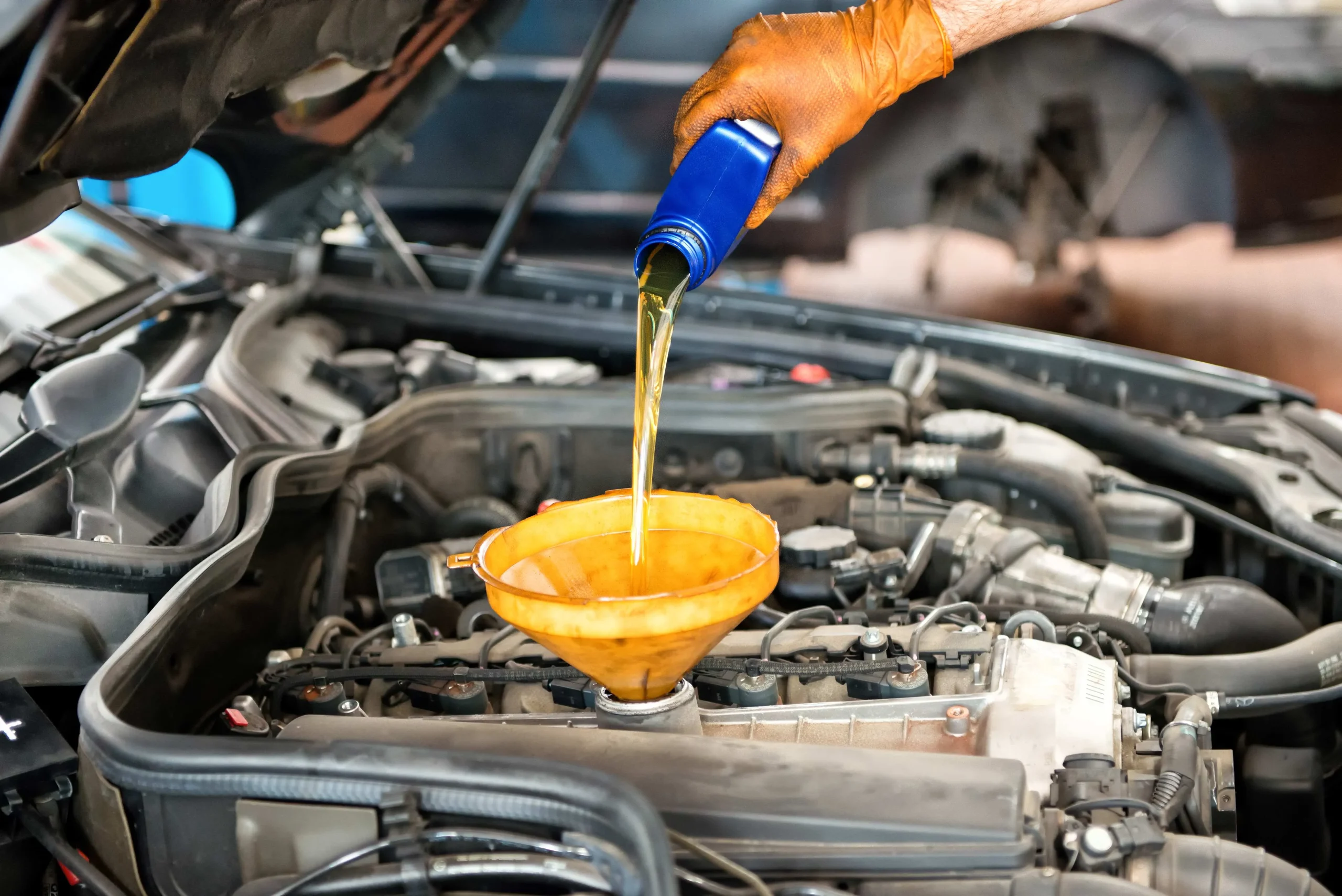Overview
Maintaining the fuel system of your diesel engine is crucial for achieving optimal performance and extending its longevity. A critical component of this system is the fuel filter, which ensures that only clean fuel reaches the engine. Regular replacement of the fuel filter is essential to prevent issues such as poor fuel efficiency, engine misfires, and costly repairs.
How Do I Know If My Diesel Fuel Filter Needs Changing?
Recognizing the signs of a clogged or failing fuel filter can save you from unexpected breakdowns and expensive repairs. Here are some indicators that your diesel fuel filter may need replacement:
- Engine Misfires or Rough Idling: A clogged filter restricts fuel flow, leading to inconsistent engine performance.
- Difficulty Starting the Engine: If your engine struggles to start or requires multiple attempts, it could be due to insufficient fuel reaching the engine.
- Decreased Fuel Efficiency: A dirty filter can cause the engine to work harder, resulting in reduced miles per gallon.
- Unusual Engine Noises: A failing fuel filter may cause the engine to produce knocking or sputtering sounds.
- Check Engine Light: Some vehicles have sensors that detect fuel system issues, triggering the Check Engine Light.
If you experience any of these symptoms, inspect and, if necessary, replace the fuel filter.
How Often Should You Change the Fuel Filter on a 6.7 Powerstroke?
The Ford 6.7L Powerstroke diesel engine is a popular choice among truck enthusiasts. Regular maintenance is vital to keep it running smoothly. Ford recommends replacing the fuel filter every 15,000 miles or annually, whichever comes first.
However, suppose your driving conditions involve heavy towing, off-road driving, or exposure to dusty environments. In that case, you should replace the fuel filter more frequently. Always consult your vehicle’s owner’s manual for specific recommendations.
What Happens If You Don’t Change the Fuel Filter on a Diesel Truck?
Neglecting to replace a clogged fuel filter can lead to several detrimental effects:
- Reduced Engine Performance: A restricted fuel supply can result in sluggish acceleration and reduced power.
- Increased Emissions: Incomplete combustion resulting from inadequate fuel flow can lead to elevated harmful emissions.
- Potential Engine Damage: Debris and contaminants can damage sensitive components, such as fuel injectors and the fuel pump.
- Higher Repair Costs: Ignoring filter replacement can lead to more severe issues, resulting in expensive repairs.
Regularly changing your fuel filter is a cost-effective way to maintain engine health and performance.

How Much Does It Cost to Replace a Fuel Filter on a Diesel Truck?
A number of variables can affect how much it costs to replace a diesel fuel filter:
Filter Cost: Depending on the brand and quality, filters usually cost between $20 and $100.
Labor Costs: Depending on the region and service provider, a professional replacement may cost anywhere from $100 to $200.
DIY Savings: Replacing the filter yourself can save labor charges, but be sure you have the right equipment and know-how.
Guys at the Cost
Long-term, expensive engine repairs can be avoided by making an investment in routine fuel filter cleaning.
Conclusion
Regularly replacing your diesel fuel filter is crucial for maintaining optimal engine performance, fuel efficiency, and extending engine longevity. By staying vigilant for signs of a clogged filter and adhering to the manufacturer’s recommended replacement intervals, you can ensure your diesel vehicle operates smoothly and efficiently.










